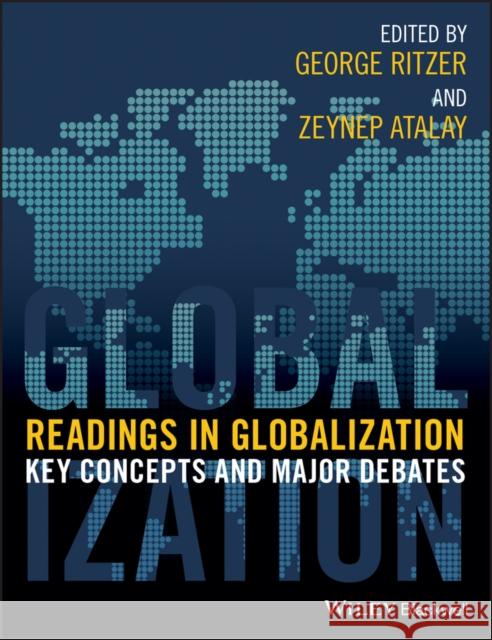Readings in Globalization: Key Concepts and Major Debates » książka
topmenu
Readings in Globalization: Key Concepts and Major Debates
ISBN-13: 9781405132732 / Angielski / Miękka / 2010 / 496 str.
This unique and engaging anthology introduces students to the major concepts of globalization within the context of the key debates and disputes.
- Introduces globalization through its basic concepts, rather than thematically; a distinctive approach that provides students with a better grasp of what social science has to offer on the topic
- Utilizes concepts from interdisciplinary sources, bringing together work from key figures across a number of fields - from Weber and Marx, to contemporary figures in the field, including Beck, Bauman, Castells, and Homi Bhabha
- Includes excerpts to illustrate ideas, all at an appropriate level of difficulty for an undergraduate audience
- Offers all of this in the dynamic context of major debates surrounding the basic concepts and the fundamental realities of globalization
- Designed so it can be used independently, or alongside Ritzer's Globalization: A Basic Text for a complete student resource











